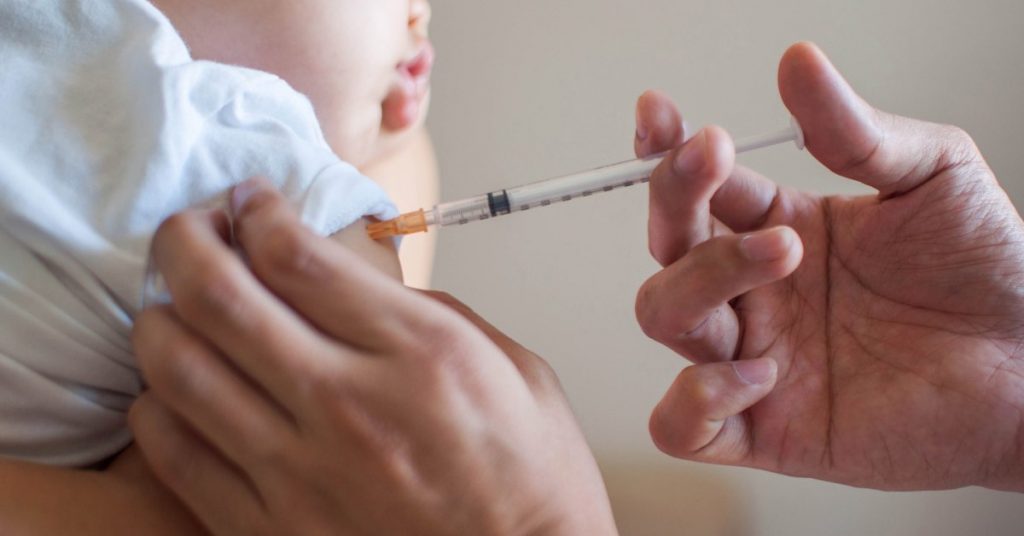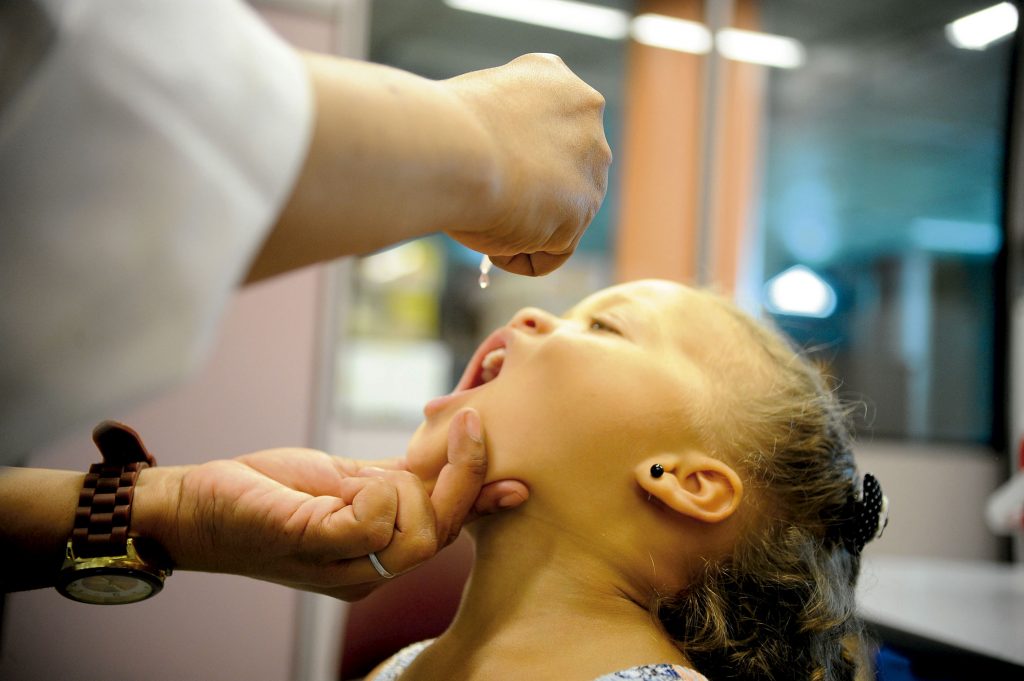RIO DE JANEIRO, BRAZIL – Amidst the drop in vaccination coverage and the reappearance of eradicated diseases such as measles, cases of families that fail to innoculate their children have reached the courts, which now determine the immunization of children.
Over the past six months, there have been at least three events in the country. Experts explain that vaccination is a right provided for in the Statute of the Child and Adolescent (ECA) and that the lack of protection against diseases endangers children’s lives. In such cases, parents may be fined and even lose custody of the child.

The most recent case occurred in early January when the courts of Minas Gerais ordered a couple to vaccinate their two children. The parents said they had based themselves on scientific articles and said that they had converted to a religion that forbids “vaccination contamination”. After losing the lawsuit in the first instance, the family appealed but lost.
The lawsuit had been brought by the Prosecutor’s Office and the family appealed.
“Their argument was fear that their children might have some adverse reaction. We requested a medical consultation with the children to rule out a reaction, the appeal was judged and the decision to vaccinate them was maintained under penalty of a fine. It is a demonstration of this unfortunate situation of parental abandonment in relation to the obligation to vaccinate”.
In São Paulo, the State Prosecutor’s Office (MPE) decided to intervene in the case of a family from Paulínia, who did not want to vaccinate their 2-year-old son.
“The couple reported that they had opted for the child to grow with ‘minimal interventions’, that their son was healthy and that he would not go to school, so he would be ‘far from the risk of infections,'” the agency’s advisor said.
The drop in vaccination coverage is an issue that has become more pronounced in recent years. According to the Ministry of Health, of the eight mandatory vaccinations for children up to one year old, only BGC, which protects against tuberculosis and is given after birth, reached the goal of 95 percent in 2018.
The triple viral coverage, which protects against measles, mumps, and rubella, has dropped from 102.39 percent in 2011 to 91.98 percent. According to the ministry, with the campaigns conducted last year, 2019 was able to surpass the goal and 99.4 percent of one-year-old children were vaccinated – the portfolio did not report coverage of the other vaccines and said the data are still being consolidated.

The Guardianship Council and the Prosecutor’s Office investigate complaints by
Juliana Hasse, president of the Medical and Health Law Commission of the São Paulo chapter of the Brazilian Bar Association (OAB-SP), who says that the court orders are based not only on current legislation but on scientific evidence about the efficacy of vaccines. According to her, this type of case should not be solved in the courts.
“Generally, the school denounces it to the guardianship council, which will investigate it, and the Prosecutor’s Office can lodge a complaint. We know that the judicialization is growing in general, but there is no need for that,” says Juliana. “It’s a question of making parents aware of its importance. You have to have a pediatrician with good sense and follow the guidelines based on science”.
Juliana says the legislation needs to be strengthened in order to prevent the need to go to court.
“Some diseases are back. When not vaccinated, in addition to not complying with the law, parents further endanger children. They may only disobey it when there’s a medical report that children suffer from a health condition that prevents them from being vaccinated.”
According to her, the fine for parents may reach R$20,000 (US$5,000) and, in more extreme cases, the parents may lose custody of the child.

